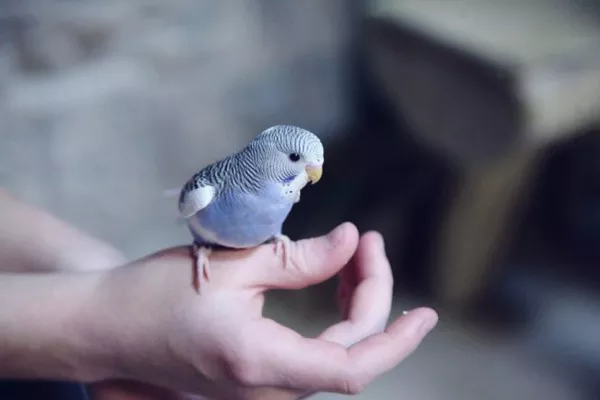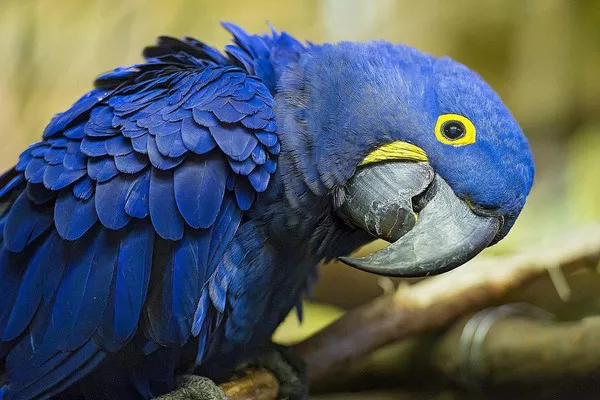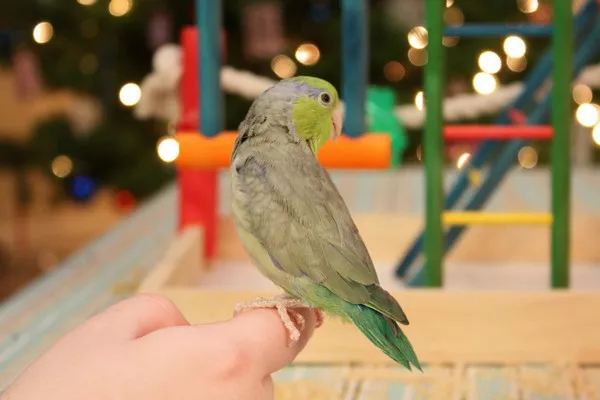Record numbers of travelers have descended upon airports this year, and many are bringing their pets along for the journey. Tom Carpenter and his wife frequently travel with their Havanese dog, Mori. “His day care would cost $350 for a 10-day trip, so paying hotel fees and $100 each way for his plane ticket is worth it,” explained Carpenter, a 67-year-old resident of Anacortes, Washington. “Plus, Mori hates being left alone.”
The Carpenters are among a growing number of pet owners embracing travel with their animals, contributing to increased demand for pet-related services beyond traditional veterinary care. “I saw an uptick in people traveling with their pets early in 2024,” said Heather Eisenstadt, founder of Top Dog Pet Travel, a Florida agency specializing in pet-friendly bookings. Recently, she helped a client take her dog to Europe for a Taylor Swift concert, navigating through the Channel Tunnel via Le Pet Express, a minibus service for pet travelers.
According to an August report from the American Pet Products Association (APPA), 22% of dog and cat owners reported taking their pets on at least three flights in the past year, a significant increase from 13% for dogs and 14% for cats in 2022. Road trip travel with pets has also seen sharp rises.
Younger consumers are driving this trend; 38% of individuals aged 18-34 reported frequently traveling with pets, compared to 30% of those aged 35-54 and only 13% of people 55 and older. “There is no product segment that has experienced the same level of growth as the pet market,” noted Simeon Gutman, a retail analyst at Morgan Stanley. “It’s a telling indication of the prioritization that people have for their pets.”
Pet ownership surged during the pandemic and remains strong, with 63% of U.S. households owning at least one pet, according to APPA estimates. Despite increasing budget-consciousness, consumers continue to spend on their pets. In the past year, Americans spent over $183 billion on pet-related expenses, covering food, toys, vet visits, and grooming. Even when adjusted for inflation, spending on pets has increased by nearly a third from 2017 to 2023.
Morgan Stanley researchers project that the pet industry will rebound by the end of 2025 and into 2026, outpacing growth in nearly all retail sectors. They expect spending on pet services to more than double in this decade.
While specific pet travel expenses are not tracked by analysts, many airlines and hotels are eager to attract furry travelers, recognizing that pet owners are often willing to pay a premium. Arranging kennels or pet sitters can be a costly hassle for those leaving their pets behind. “There’s also less stress,” said Patrick O’Brien, APPA’s chief digital officer. “You don’t worry about whether your pet is being cared for the way you would.”
Annette Sacks, a 69-year-old retiree from Blairstown, New Jersey, who recently adopted a 5-year-old Chihuahua mix named Alonza, affirmed, “I will always travel with my new pet and won’t spare any expense for accommodations.”
Typically, U.S. airlines charge between $95 and $150 per flight for small pets to travel in cabins. However, some airlines have increased these fees; for example, American Airlines raised its carry-on pet fee from $125 to $150 in February, and United Airlines followed suit in April.
While the U.S. Department of Transportation reported that 188,223 animals flew as cargo in 2022—a figure that is less than half of 2019’s total—many pet owners express reservations about this option. “I’d worry about the conditions in the cargo hold and the possibility of careless treatment,” Carpenter said, emphasizing the importance of keeping pets close.
For those who prefer not to use under-seat carriers or cargo, Bark Air offers charter flights from New York’s Westchester County Airport to airports near Los Angeles, London, and Paris. Launched in May, the service charges $6,000 for domestic and $8,000 for international one-way fares for each pet and their owner.
In terms of lodging, Airbnb reported a 14% increase in pet-friendly listings from June 2023 to June 2024, with one in four properties now welcoming pets. Approximately 30% of Vrbo properties are also pet-friendly, remaining stable over the last few years. Pet fees are determined by individual hosts on both platforms.
Many hotels that accommodate pets charge non-refundable fees, usually up to $150 per stay, often including amenities such as food and water bowls, waste bags, treats, toys, and bedding. Brands like Motel 6 and Kimpton Hotels & Restaurants have long welcomed pets at no extra charge. Sonesta International Hotels hosts about 30,000 pets annually, with fees starting at $75, while searches for pet-friendly bookings across its properties have surged by 400% this year.
Nine of Hilton’s 24 brands, including Hampton, Embassy Suites, and Hilton Garden Inn, are pet-friendly, with fees starting at $50. Guests at participating properties gain access to online or phone consultations with pet behaviorists, nutritionists, and vet techs from Mars Petcare for travel advice.
Some hotels are attempting to attract pet owners with luxurious packages. In May, the Bellyard Hotel in Atlanta introduced a “Very Important Pet (VIP)” package starting at $400 a night, excluding a $150 pet fee. This package features a pet photo shoot, a welcome kit with organic treats, pet props, and a day pass to a nearby dog park. Meanwhile, the Conrad Washington D.C. offers a “Lab of Luxury” package, which includes high-end pet amenities like an Hermès collar and Tiffany & Co. water bowl, priced at $5,999, which includes a $500 donation to the Humane Society.
So far, neither hotel has had any takers for their high-end offerings. Avery Price, a 41-year-old warehouse supervisor from Allentown, Pennsylvania, expressed reluctance to overspend on her two German terriers, Brave and Bashful, but considers hotel pet fees of up to $200 reasonable. “I find it very difficult to leave them behind,” she said. “My girls are definitely my family.”
Related Topics:



























